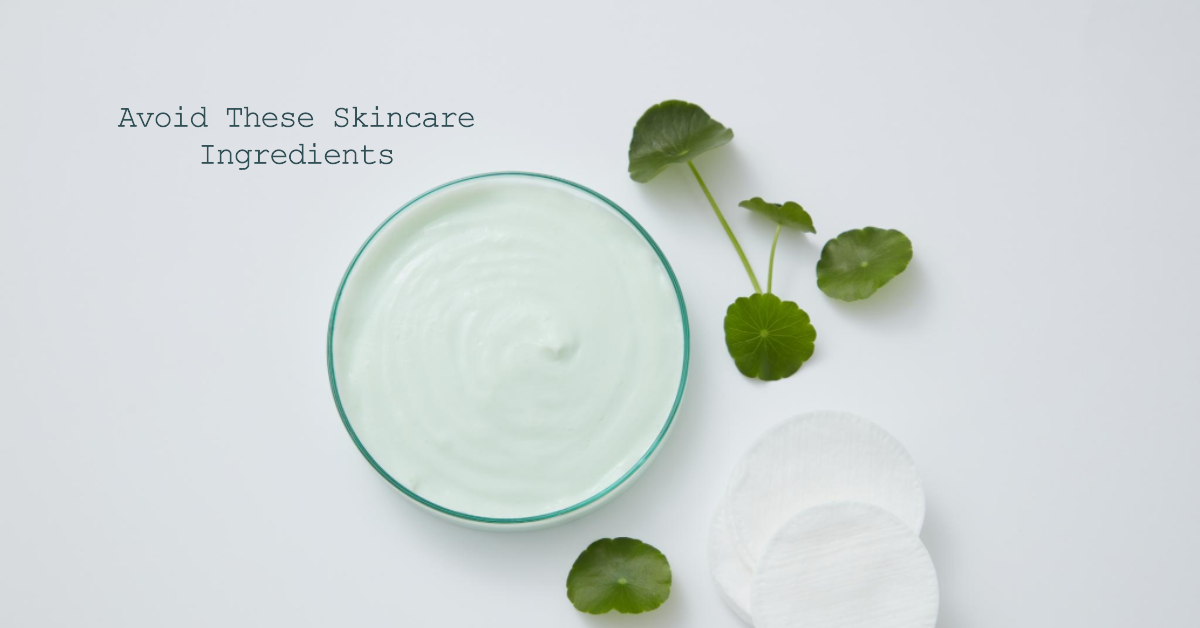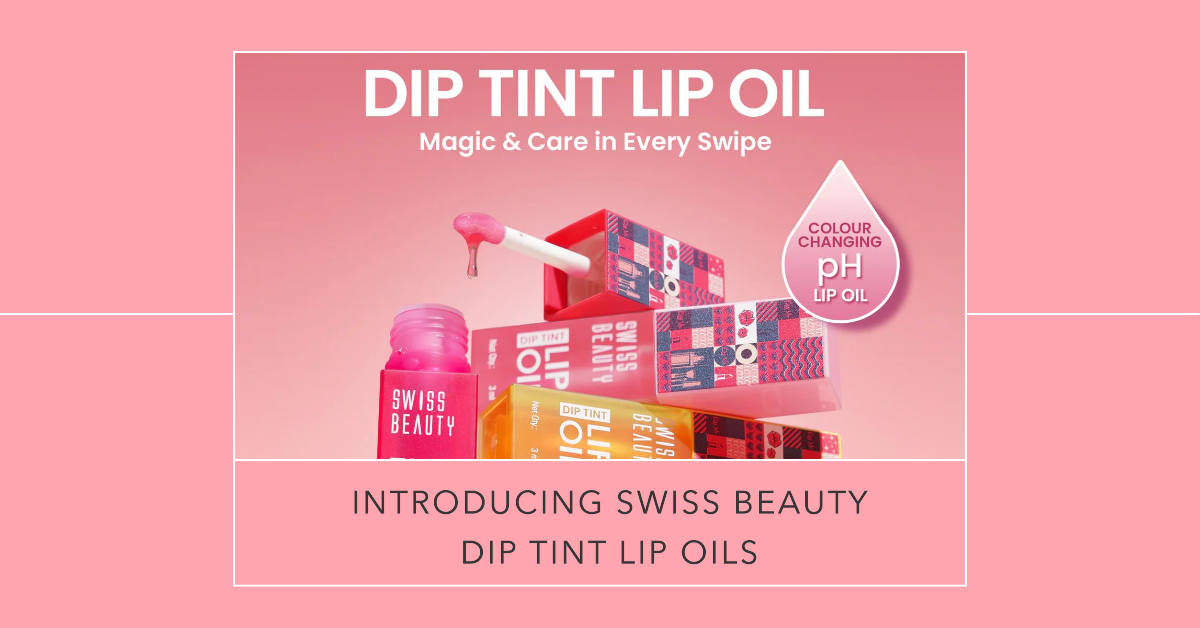In the quest for radiant, healthy skin, choosing the right skincare products is paramount. While the beauty industry offers a plethora of options, not all skincare ingredients are created equal. In this comprehensive guide, we’ll delve into the crucial topic of “Skincare Ingredients to Avoid and Why.” Whether you’re a skincare enthusiast or a novice, understanding these ingredients can help you make informed choices for your skin’s well-being.
In This Article
I. Harmful Ingredients Lurking in Skincare Products
Parabens: The Unwanted Preservatives
In recent years, parabens have come under scrutiny for their potential health risks. These synthetic preservatives, such as methylparaben and propylparaben, are used to extend a product’s shelf life. However, research has linked them to hormone disruption and skin irritation. When scanning ingredient lists, steer clear of anything ending in “-paraben” [1].
Sulfates: The Foaming Agents
Sulfates, like sodium lauryl sulfate and sodium laureth sulfate, are responsible for the foamy lather in many cleansers. While they’re effective at removing oil and dirt, they can be overly harsh, stripping the skin of its natural oils. Opt for sulfate-free alternatives for a gentler cleanse [2].
Fragrance: The Hidden Allergen
The term “fragrance” on an ingredient list might sound harmless, but it’s a blanket term that can encompass numerous undisclosed chemicals. These fragrances can lead to skin sensitivity, allergies, and even headaches. Choose fragrance-free products to minimize the risk [3].
II. The Truth About Artificial Colors
Artificial Colors: Adding Unnecessary Risks
Skincare products often include artificial colors to enhance their visual appeal. However, many of these synthetic dyes are derived from coal tar and have been linked to skin irritation, allergies, and even carcinogenic effects. Natural colorants are a safer choice [4].
III. Alarming Additives
Phthalates: The Silent Disruptors
Phthalates are plasticizers used in some skincare products to improve texture and consistency. Unfortunately, they’ve been linked to hormonal imbalances and developmental issues. It’s advisable to avoid products containing phthalates, especially for pregnant women and children [5].
Mineral Oil: The Deceptive Moisturizer
Mineral oil is a common ingredient in moisturizers and skincare products, prized for its ability to lock in moisture. However, it can create a barrier that prevents the skin from breathing, potentially leading to breakouts. Opt for natural oils like jojoba or argan instead [6].
IV. Prominent Offenders in Sunscreen
Oxybenzone and Octinoxate: The Coral Reef Killers
These ingredients, found in many sunscreens, effectively absorb harmful UV rays. However, they are also responsible for coral reef destruction and have raised concerns about hormone disruption. Consider using mineral sunscreens with zinc oxide or titanium dioxide as safer alternatives [7].
V. How to Read Product Labels
When examining skincare product labels, keep an eye out for the following indicators:
- “Paraben-free”
- “Sulfate-free”
- “Fragrance-free”
- “No artificial colors”
- “Phthalate-free”
- “Mineral oil-free”
- “Mineral sunscreen”
Choosing skincare products wisely is a significant step towards maintaining healthy and beautiful skin. By avoiding harmful skincare ingredients like parabens, sulfates, fragrances, artificial colors, phthalates, mineral oil, oxybenzone, and octinoxate, you can reduce the risks associated with these substances. When shopping for skincare, always read labels and opt for products that align with your skin’s needs and your commitment to a safer, healthier beauty routine.
Your skin deserves the best, and now you have the knowledge to ensure it gets just that. So, let’s make informed choices and embrace a more natural and skin-friendly approach to skincare.
Remember, your skin is your canvas, and the choices you make can leave a lasting impression.
Recommended Read: Skincare Science: Ingredients That Truly Work











